Steve Albini wasn’t a star of the American rock underground so much as he was its profane poet laureate and/or its confrontational and unapologetically opinionated conscience. Whether engineering albums by Pixies and the Jesus Lizard or leading his own bands Shellac and Big Black, Albini specialized in capturing the visceral thrill of guitars and drums played at ear-splitting volumes. Separately, when writing for zines like Forced Exposure or in later years holding court on Twitter and Bluesky, Albini was both articulate and argumentative about his taste in bands, his recording techniques and his contempt for exploitive music industry customs.
Raised in California and Montana, Albini migrated east to study journalism at Northwestern University and then stayed in Chicago for the rest of his life, founding the Electrical Audio studio and becoming both a major player in the city’s exploding indie rock scene and its harshest critic. He reached a new level of fame when Kurt Cobain asked him to record Nirvana’s 1993 album In Utero, and he subsequently worked on high-profile projects by Bush and Jimmy Page and Robert Plant, even as he remained outspoken about the commercialization of punk and alternative rock.
Albini always shunned “producer” as his job description, preferring to proudly bill himself as simply an engineer. He also refused “points,” or royalties, for albums on which he worked – in the case of In Utero, that decision admittedly cost him hundreds of thousands dollars.
Albini died of a heart attack at the age of 61 on May 7, leaving behind a handful of intense and purposeful albums as a bandleader and thousands of remarkably diverse projects as a producer and engineer. Here’s a look back at 10 of the best:
10. Jarvis Cocker – Further Complications (2009)
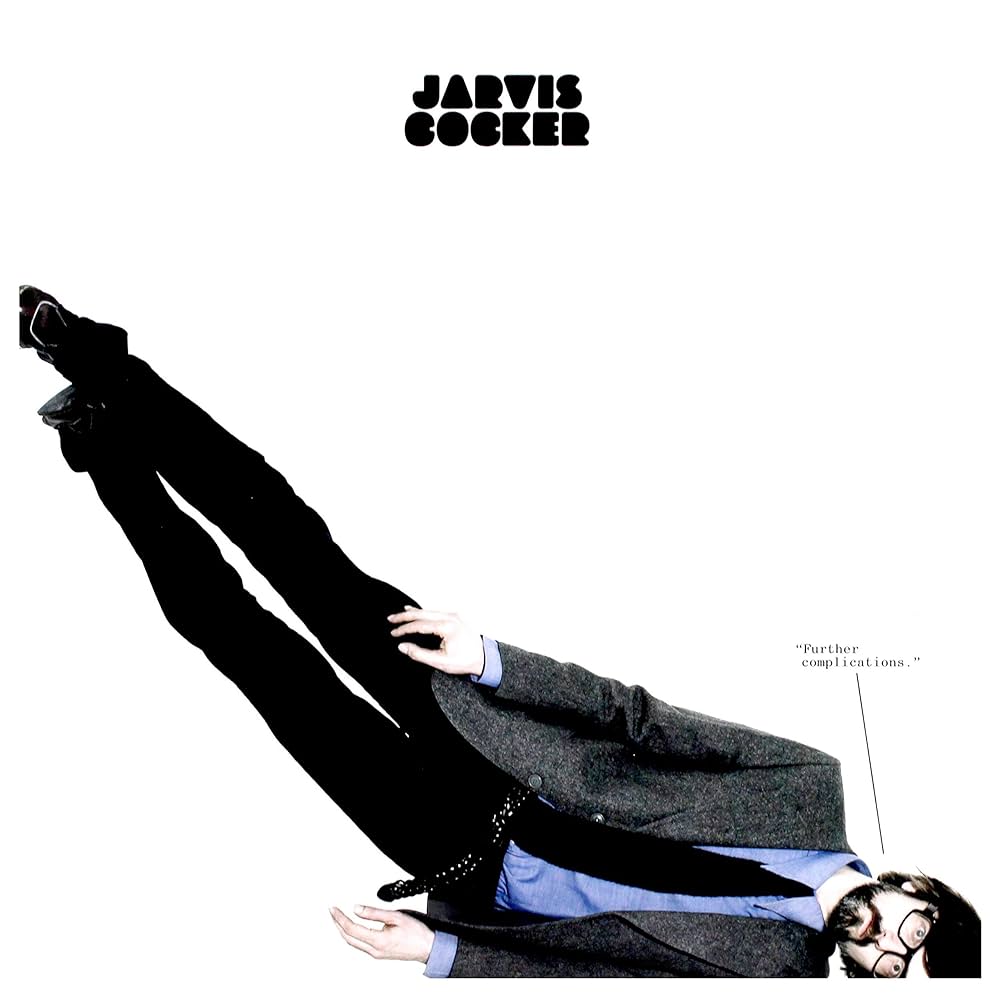

If Albini was pigeonholed in the ‘90s as a crank with a narrow idea of good music, he regularly subverted that image in the 21st century, working with everyone from Cheap Trick and Umphrey’s McGee to Sunn O))) and Godspeed You! Black Emperor. Pulp frontman Jarvis Cocker never would’ve seemed like an ideal foil for Albini when he was one of the kings of Britpop in the mid-‘90s, but after they hit it off at the 2008 Pitchfork Music Festival, Albini recorded Cocker’s second solo album. The dry wit and lecherous sleaze of Cocker’s lyrics works surprisingly well over more abrasive backing, and Further Complications is the best album he’s made since This Is Hardcore.
9. Shellac – 1000 Hurts (2000)


By far Albini’s longest-running band, Shellac formed in 1992 and was planning a May 17 release for its first album in a decade, To All Trains. Of the back catalog, 1000 Hurts is probably Shellac’s funniest album as well as their best. “This is a sad fuckin’ song / We’ll be lucky if I don’t bust out cryin’,” Albini deadpans at the opening of “Squirrel Song,” an absurd narrative about a survivalist going off the grid with rodent-powered electricity. Veteran character actor Philip Baker Hall also delivers the album’s spoken intro for some reason. Throughout, Albini’s fellow Electrical Audio engineer Bob Weston unfurls monstrous basslines and drummer Todd Trainer expertly expands and contracts the tempo, particularly on “New Number Order.”
8. The Breeders – Pod (1990)
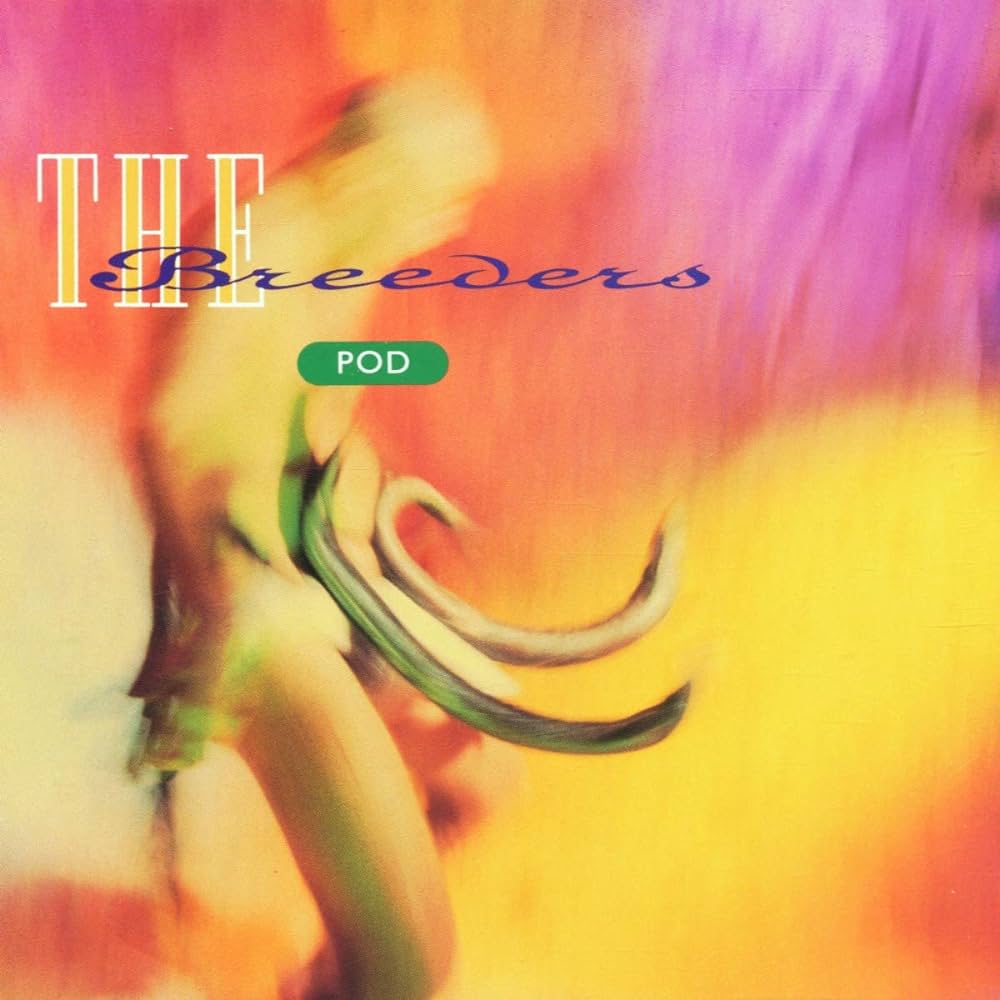

Kim Deal of the Pixies and Tanya Donnelly of Throwing Muses were regularly clubbing together in the late ‘80s when they decided to start a “dance band” together to cover such artists as Chaka Khan. It’s hard to hear those origins on the first Breeders album (the only to feature Donnelly before she left to form the band Belly), but when Slint drummer Britt Walford’s snare punches through the speakers on “Lime House,” It’s also easy to hear why Pod was the album that inspired Kurt Cobain to hire Albini for In Utero. Pod isn’t wall-to-wall hooks like the band’s platinum follow-up Last Splash, but it’s Deal’s boldest and most original set of songs.
7. Slint – Tweez (1989)
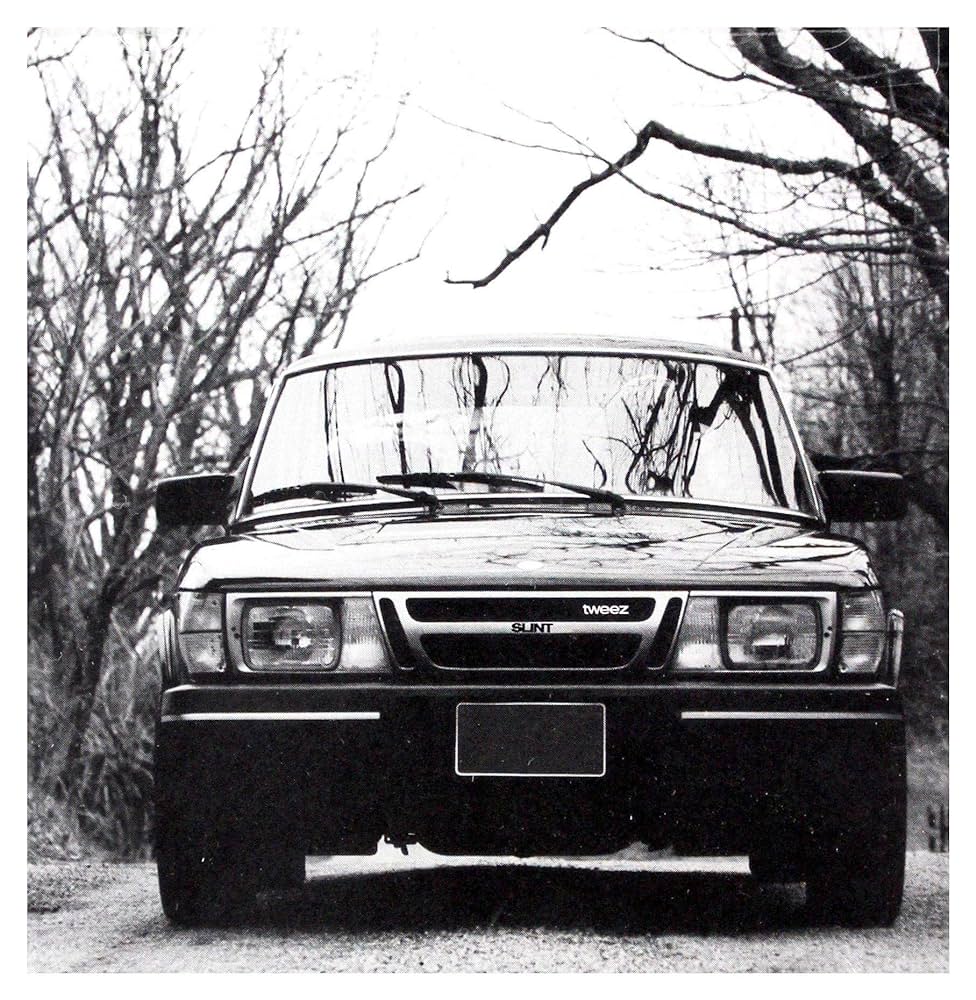

Not only did Albini dislike being credited as a producer, he didn’t even allow his name to appear in the liner notes for some of the best albums he recorded. Superchunk’s No Pocky For Kitty didn’t credit Albini (at his own suggestion), while he was listed as ‘Some Fuckin Derd Niffer’ on Slint’s 1989 debut LP, Tweez, released by micro indie Jennifer Hartman Records and largely unnoticed for some time afterwards. Indeed, the groundbreaking Louisville underground rock band became a cult sensation after their 1991 album Spiderland and subsequent breakup, prompting Touch & Go to reissue Tweez in 1993. The EP’s cryptic tangle of unorthodox time signatures and sudden volume shifts long predated the American “post rock” boom, while also introducing the talents of Walford, vocalist Brian McMahan and guitarist David Pajo to like-minded weirdos the world over.
6. Low – Things We Lost in the Fire (2001)
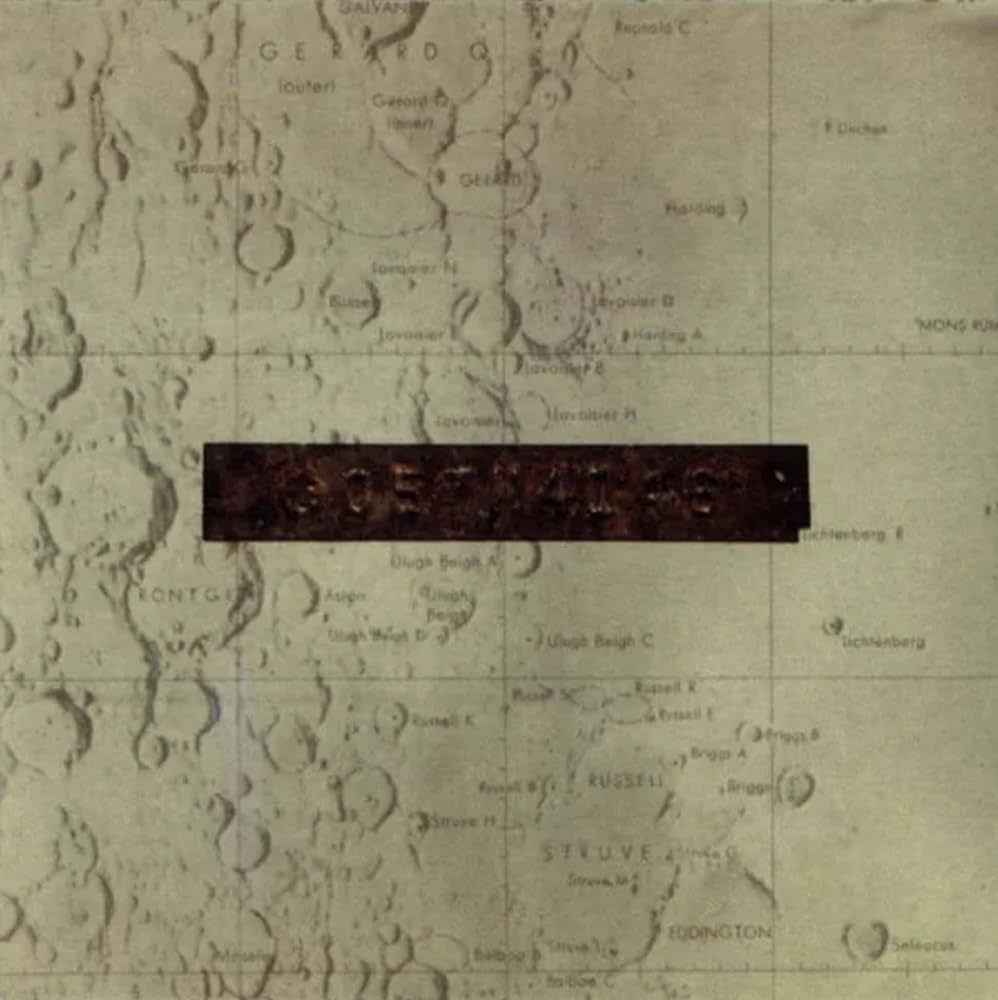

Working on two of Low’s finest albums, 1999’s Secret Name and the 2001 masterpiece Things We Lost in the Fire, is probably the biggest reason Albini stopped being stereotyped as a guy who only made loud and fast records. The duo of Alan Sparhawk and Mimi Parker had long cultivated a hushed sound featuring crawling tempos, and Albini showcased their harmonies in loving detail on “Whore” and “July.” “Mimi Parker had a beautifully pure voice, but what made Low special was the way her voice and Alan’s meshed, creating a single tone,” Albini told The Guardian after Parker’s death in 2022.
5. The Jesus Lizard – Goat (1991)
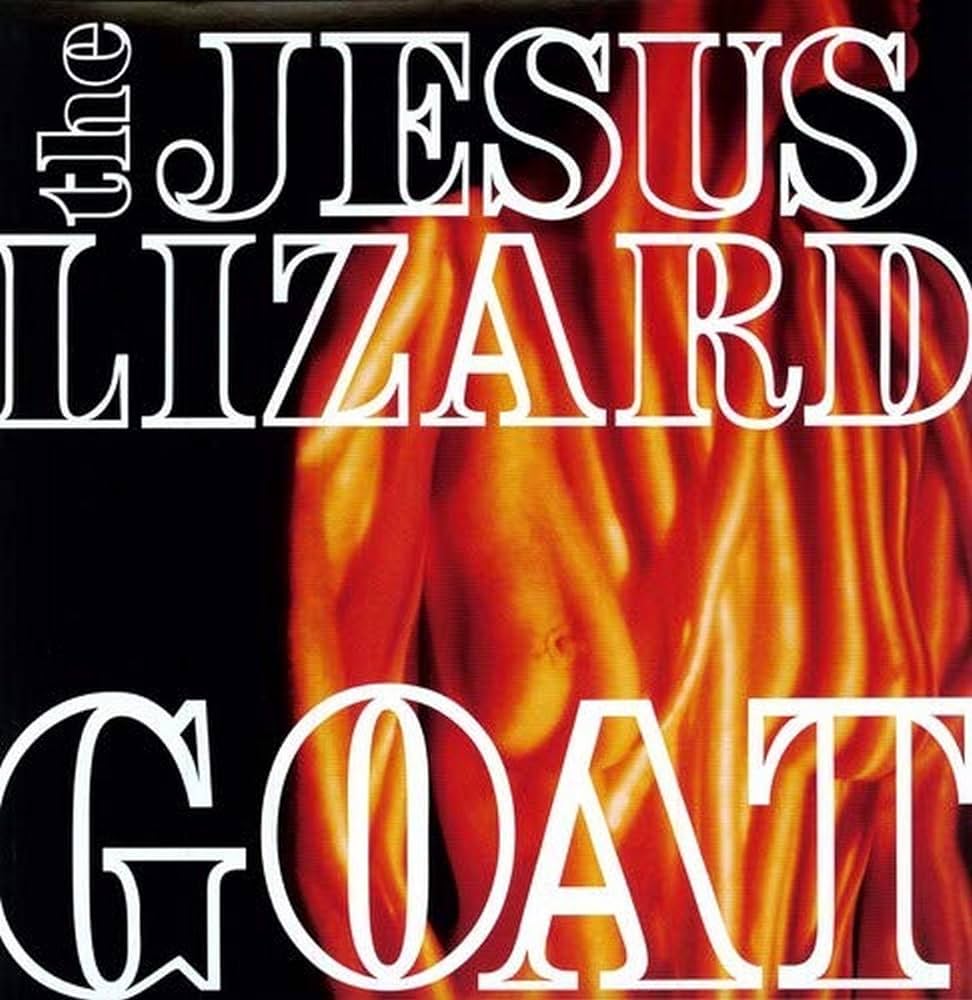

If Albini had any true musical soulmates among the many many bands he recorded, they were the members of the Jesus Lizard, who formed in Austin and soon after relocated to Chicago. Albini worked on all of the band’s first four albums, which stand together as a monument of pounding, scraping riffage. Most noise bands are proudly lo-fi by necessity or by choice, but the Jesus Lizard’s albums with Albini made the argument that David Yow’s scream and Mac McNeilly’s kick drum deserved to be captured in crystal clear detail, like the individual gears of a giant machine.
4. Big Black – Songs About Fucking (1987)
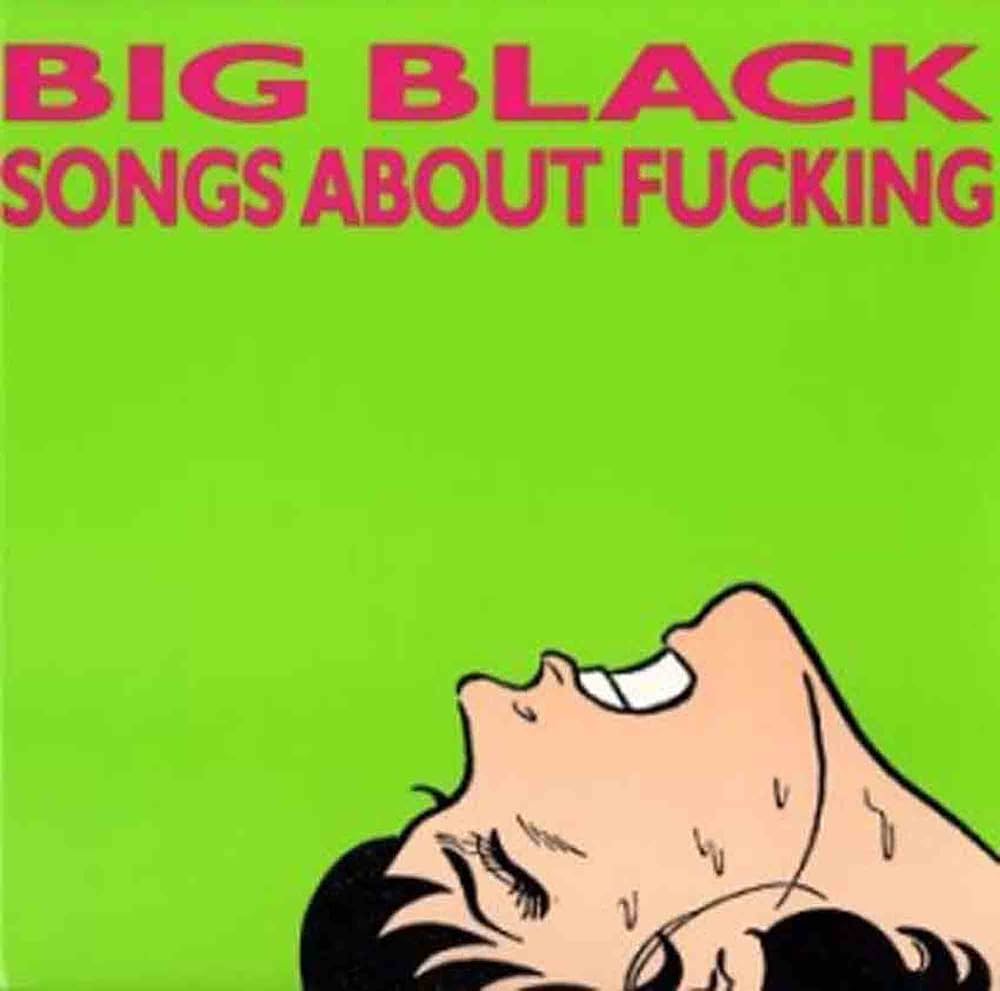

In later years when he became more active on social media, Albini was thoughtful and sometimes apologetic about the gory, violent words and imagery found in much of his early music and writing, particularly the name of his short-lived band Rapeman. Big Black’s second album, however, is the peak of Albini’s edgelord provocateur era, a record where the closest thing to a romantic lyric is “Holding my hand while I piss in her face.” The album featured a cover of Kraftwerk’s “The Model” to acknowledge the debt Big Black’s drum machine-assisted assault owed to the earlier, milder pioneers of machine music.
3. PJ Harvey – Rid of Me (1993)
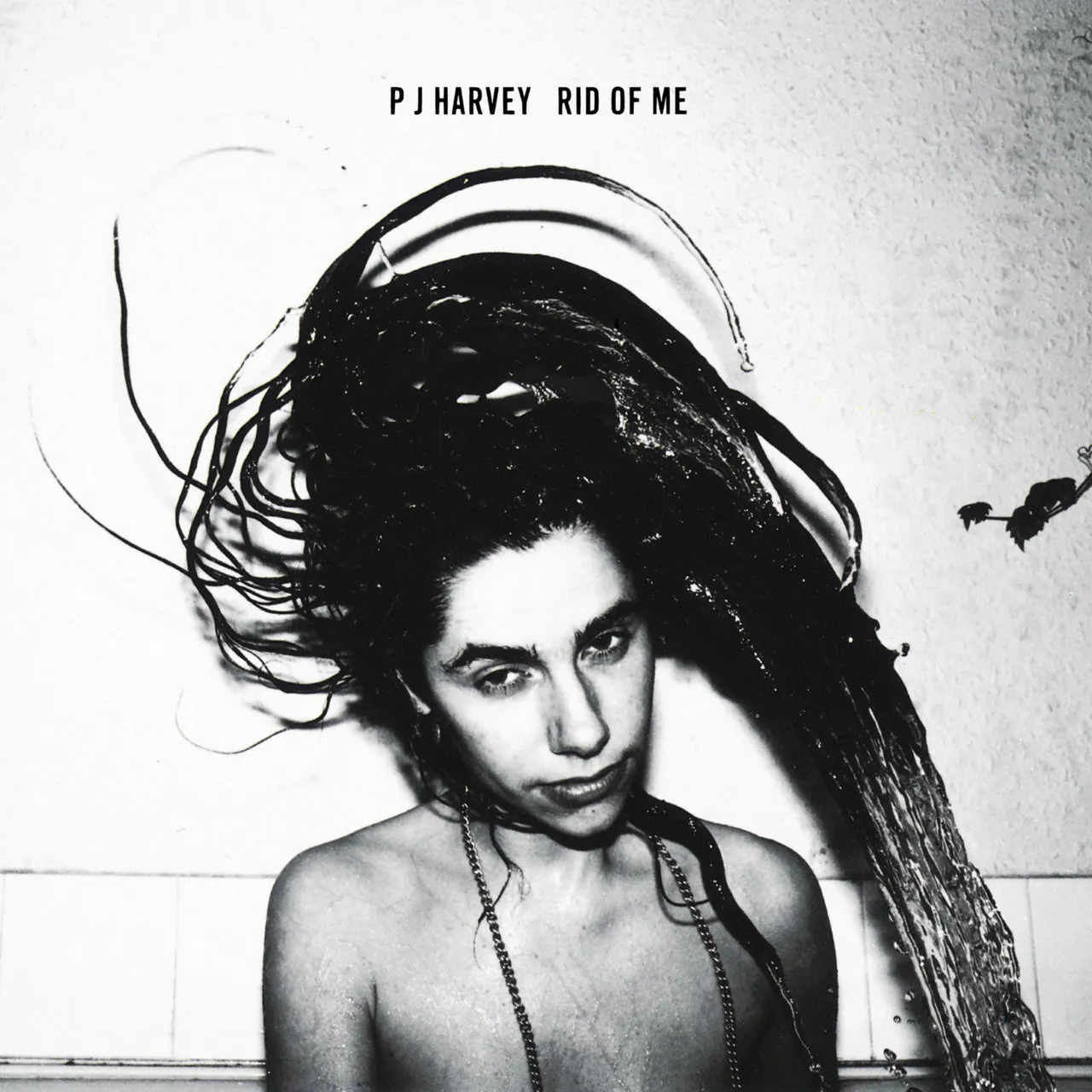

PJ Harvey was a band fronted by Polly Jean Harvey for two albums, before the singer/songwriter disbanded the group while retaining the name as an umbrella for an adventurous solo career. On Rid of Me, Albini captured the defining document of Harvey’s thunderous power trio era with bassist Steve Vaughn and drummer Rob Ellis, from the punk blues of “Ecstasy” to the percussive clank of “Legs.” Harvey praised Albini on MTV’s 120 Minutes for his thorough use of room mics to capture a live sound, telling host Lewis Largent, “He’s the only person that can record a drum kit and it sounds like you’re standing in front of a drum kit.”
2. Nirvana – In Utero (1993)
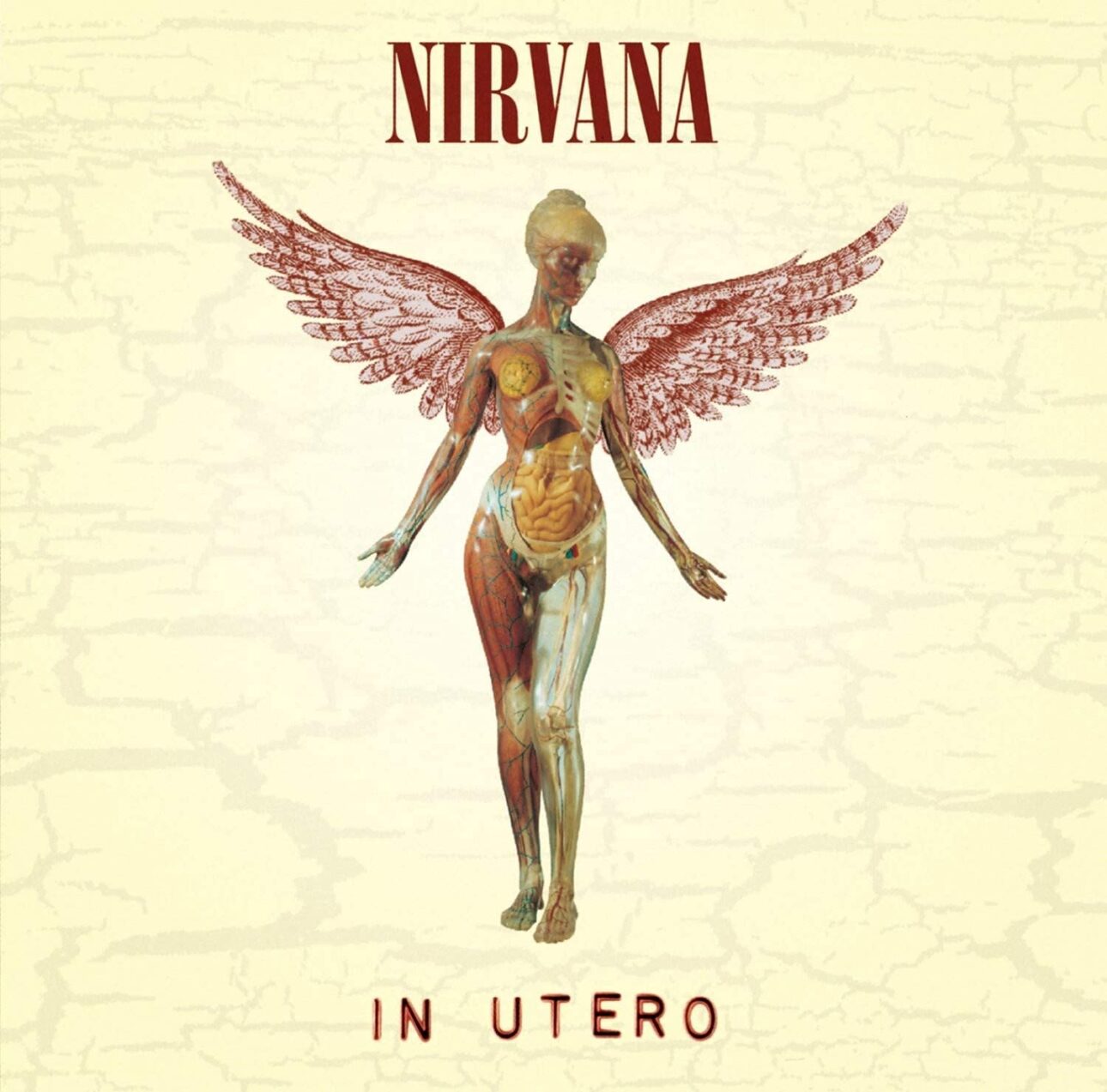

Kurt Cobain knew Nirvana’s follow-up to Nevermind would probably sell millions no matter what it sounded like, so he threw caution to the wind and scared the hell out of Geffen Records by hiring Albini to record it. Albini, who’d been unhappy with a contemporaneous experience when Andy Wallace mixed a Helmet song he’d engineered, was wary of the high-pressure situation and fiercely protective of the raw sound of In Utero, at one point withholding the master tapes from Nirvana’s management. Even with Scott Litt remixing the singles “Heart Shaped Box” and “All Apologies,” Cobain and company’s final studio album was a cultural reset for mainstream rock. Specifically, the thudding grooves of “Scentless Apprentice” and the chaotic guitars of the sarcastically titled “Radio Friendly Unit Shifter” traced a direct line back to Albini’s heaviest work with Touch & Go Records bands such as Tar and the Jesus Lizard.
1. Pixies – Surfer Rosa (1988)
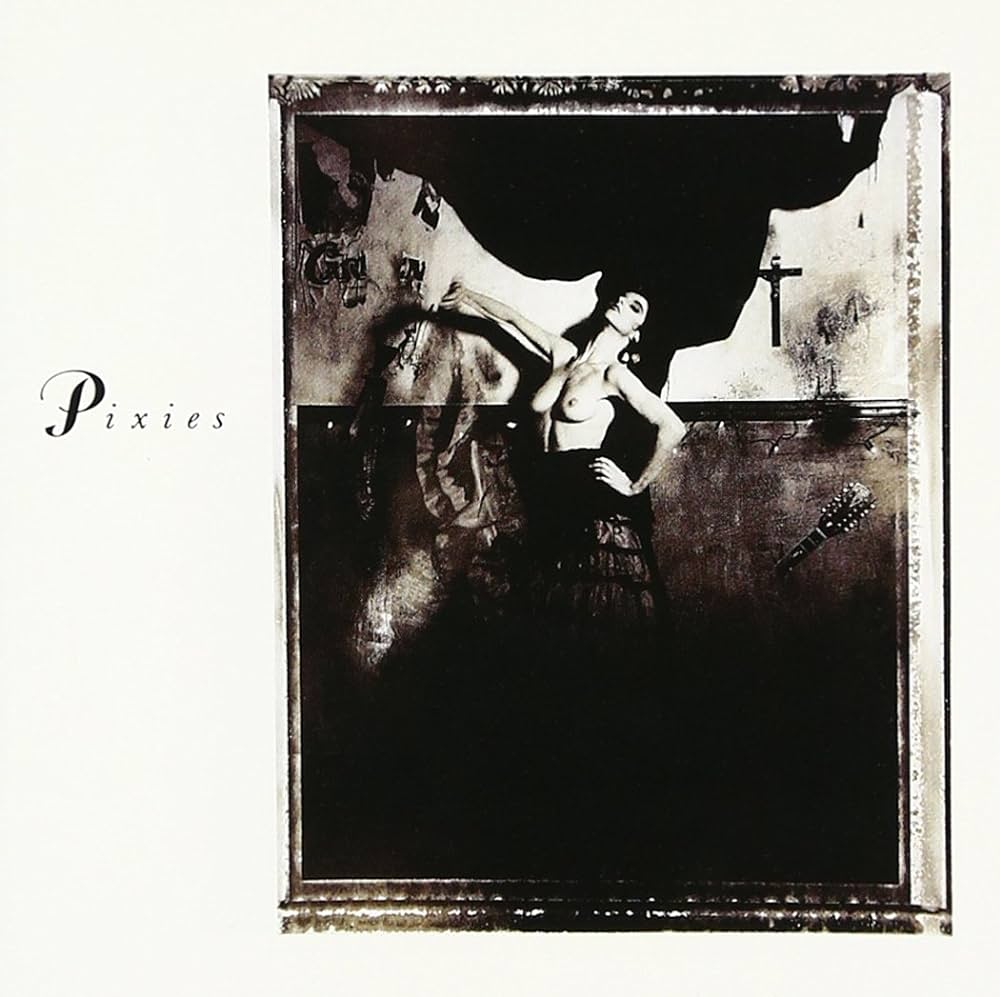

Albini rarely spoke reverently, or even politely, about the more famous bands with whom he worked. Three years after recording Pixies’ landmark debut album, for instance, he dismissed them as a “blandly entertaining college rock” band who were “guided by their manager, their record company and their producers” (he expressed regret over those comments in 2005). Whether or not Albini appreciated what he accomplished on Surfer Rosa, thankfully, we all can. From applying studio bathroom reverb to Kim Deal’s backing vocal on the iconic Fight Club soundtrack staple “Where Is My Mind?” to running Black Francis’ voice through a guitar amp on “Something Against You,” Surfer Rosa expertly incorporates these inventive recording techniques to help turn an eccentric band from Boston into the standard bearer for a new generation of alternative rock.

